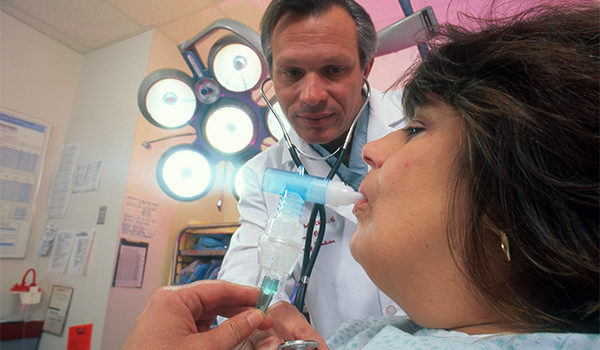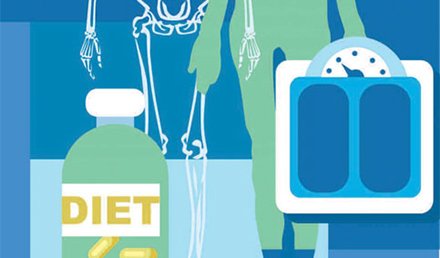Urgent Message: Urgent care providers in coastal areas need to be prepared to treat stingray envenomation. Immersion in water heated to a precise temperature is the key to pain relief. Authors: George Kamajian, DO, and Blake Singletary, OMS3 George Kamajian, DO, is a Medical Director at Largo Clinic and Adjunct Professor of Emergency Medicine at Lake Erie College of Osteopathic Medicine in Largo, FL. Blake Singletary, OMS4, is a 4th year medical student at Lake …
Read More


